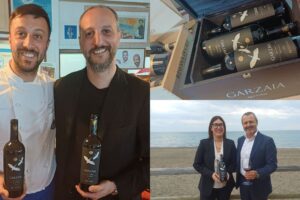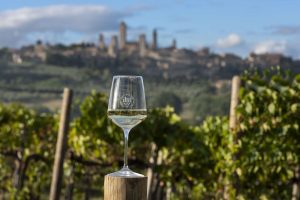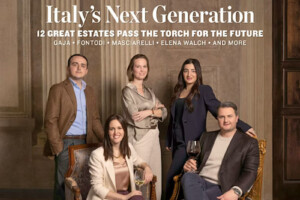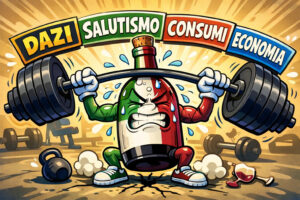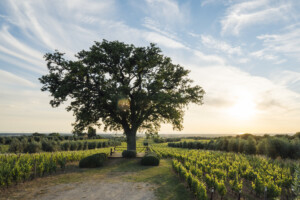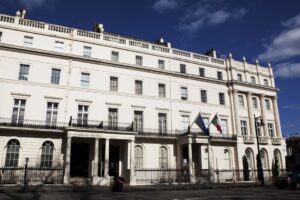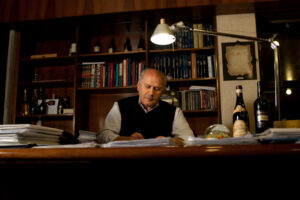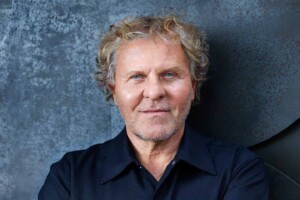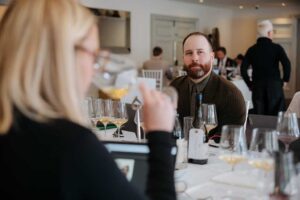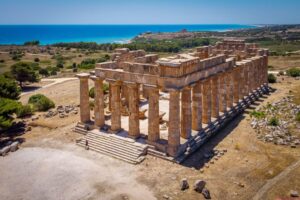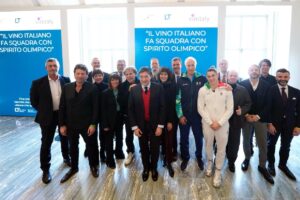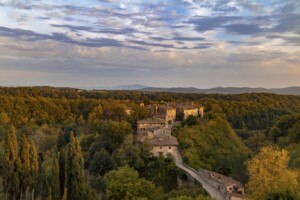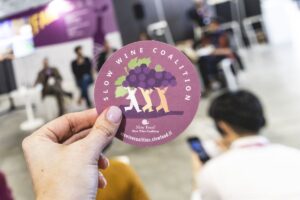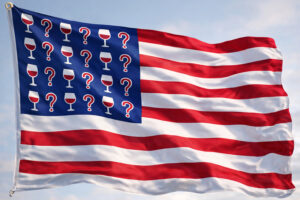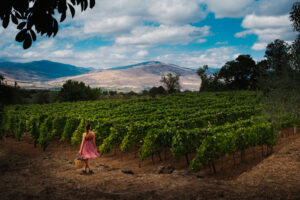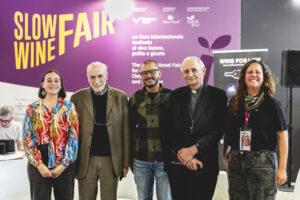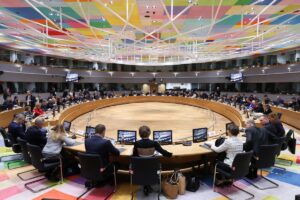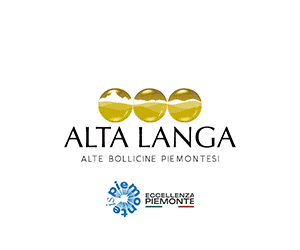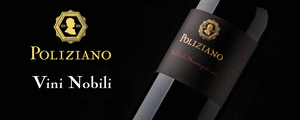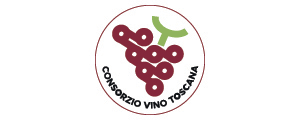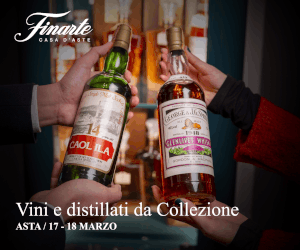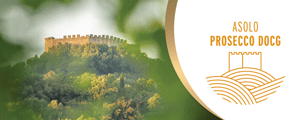A “Super Minister” for the good and the beautiful of Italy. This is the proposal that was made recently by ‘Città del Vino’ (an organization of 550 municipalities throughout Italy united by their high quality winemaking production), which has asked that the new government, to be elected on April 9th, provide for the establishment of a new ministerial entity titled The Good and The Beautiful of Italy. The ministry would reunite the competencies of agriculture, culture, and tourist sectors, or rather, the sectors that most represent “Made in Italy” quality products, in order to further promotion and publicity in the rest of the world.
The proposal comes out of the necessity to move the political debate to concrete actions that will re-launch the Italian economy at a time when there are a few signals of re-growth evident, thus giving renewed faith to the entrepreneurial world as well as optimizing the use of available financial resources.
The three elements that characterize the best of “Made in Italy” are agriculture (intending high end products like Doc and Docg wines, Dop and Igp food and wine products), tourism (art cities, landscapes, and monumental patrimonies), and culture (including environmental heritage, monuments, and artistic goods, but also artistic artisan goods, innovation and cultural production, and performing arts).
The importance of these three aspects was recently reconfirmed at the Bit (Borsa Internazionale del Turismo) Fair in Milan, during which it was revealed that the three main reasons tourists visit Italy are for the art, the culture and landscape, and the food and wine. In fact, these three macro-elements, all together, represent a considerably large quota (30%) of Italy’s gross domestic product. However, even though the Italian peninsula contains over 65% of the world’s artistic heritage, Italy has still managed to drop down to fifth place on the most popular world tourist destinations classification list. The country now ranks behind the U.S., France, Spain, and China.
So, united, these three elements signify the most modern integrated system that Italy could put on the playing field, in order to further promote the value of the country’s high quality goods. And this promotion must come first and foremost from the government, which must install a universal system for all of the best forces that the Italian system is capable of activating: entrepreneurial capacities, strong traditions, high quality goods, the natural and man made beauty of the territory, and the high quality of life.
“There needs to be a jump - affirmed Floriano Zambon, president of Città del Vino and mayor of Conegliano, one of the most important Italian wine districts - that moves attention to new scenarios. We need to increase, in an integrated and efficient way, how much the good and the beautiful of Italy is capable of offering. To do this, integrated politics, synergies between public and private, and shared promotional tools are necessary. The goal must be that of improving the quality of life of citizens and thus render our territory more welcoming, and consequently make Italy more appetizing for tourists”.
There are already instruments in place to make this idea concrete: the ‘Strade del Vino’, ‘Distretti rurali’, and ‘Sistemi turistici locali’, are all organizations that make up a strong base to take off from. These groups should now be integrated to form a single valid tool for increasing the value of and promoting Italian quality in the food, wine, artisan, and cultural sectors.
Valentino Valentini, mayor of Montefalco, a town located in the heart of Umbria and recognized for its quality wine production (as well as for investments in successful publicity campaigns, like that of Caprai), agrees completely with the proposal and adds: “What would Montefalco be today without its great wine? But wine itself is not enough. Even if it is excellent, it needs to be in a protected environment, a well maintained territory, cities and monuments saved from decay, citizens conscious of their identity, of good producers ready to invest not only in their own companies but also in the management of their territory”.
This is what is already occurring in Montepulciano (Siena), where the Vino Nobile Consortium has signed an agreement with the Municipality so that if producers make investments in the architectural recuperation of the town’s Fortezza they will not have to pay local taxes. Or as another wine producer, Gianni Masciarelli, has done. He has set an agreement with his town of residence, San Martino della Marrucina (Chieti), that has established that he will contribute to works of urban renewal in exchange for tax concessions. A completely legal agreement, obviously.
The “Super Ministry”, therefore, must sustain and support this integration between the politics of environmental, cultural, and tourist development, because continuing ahead on separate paths means throwing away opportunities that Italian quality goods need to take advantage of. There is the need to do better and do more. And ‘Città del Vino’ has now made the offer to unite with those who want to share this path towards cultural, social, and economic progress.
Copyright © 2000/2026
Contatti: info@winenews.it
Seguici anche su Twitter: @WineNewsIt
Seguici anche su Facebook: @winenewsit
Questo articolo è tratto dall'archivio di WineNews - Tutti i diritti riservati - Copyright © 2000/2026










